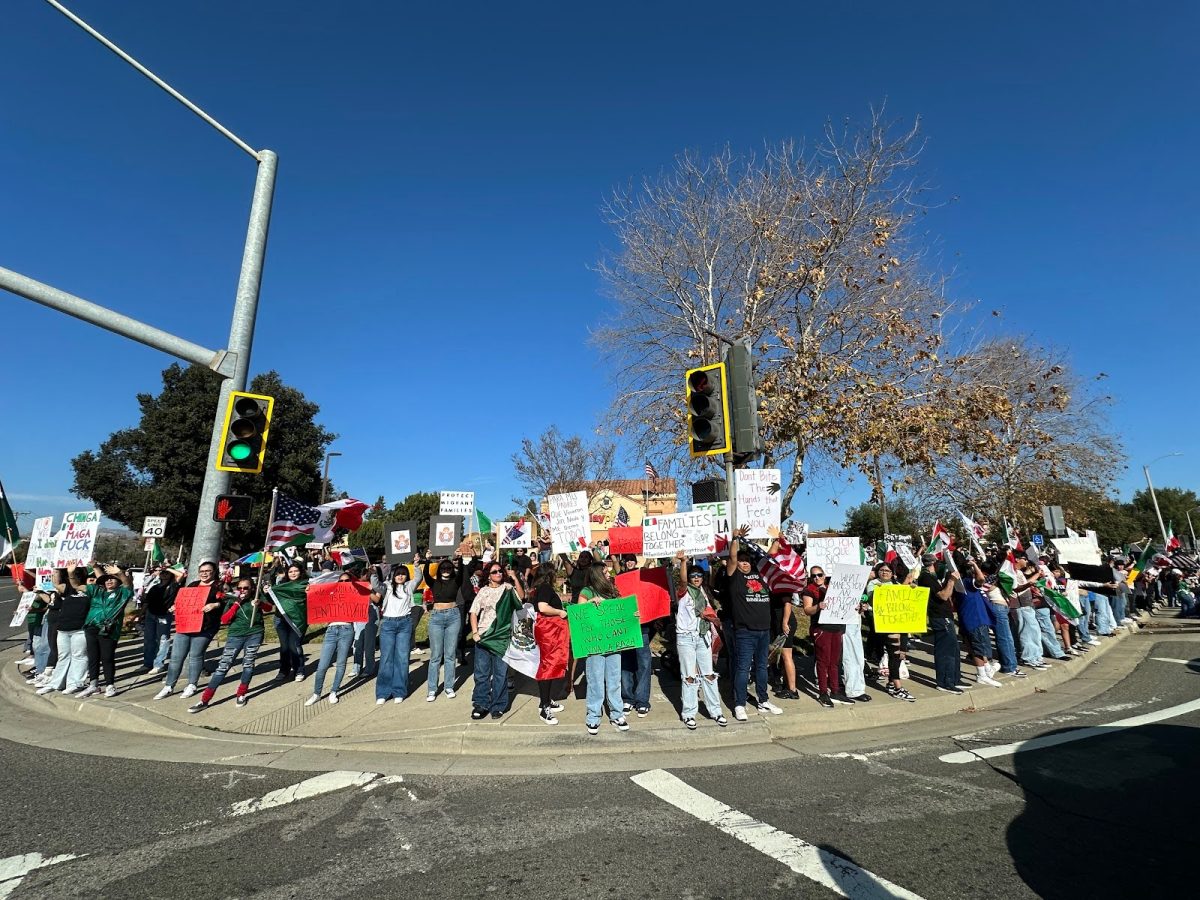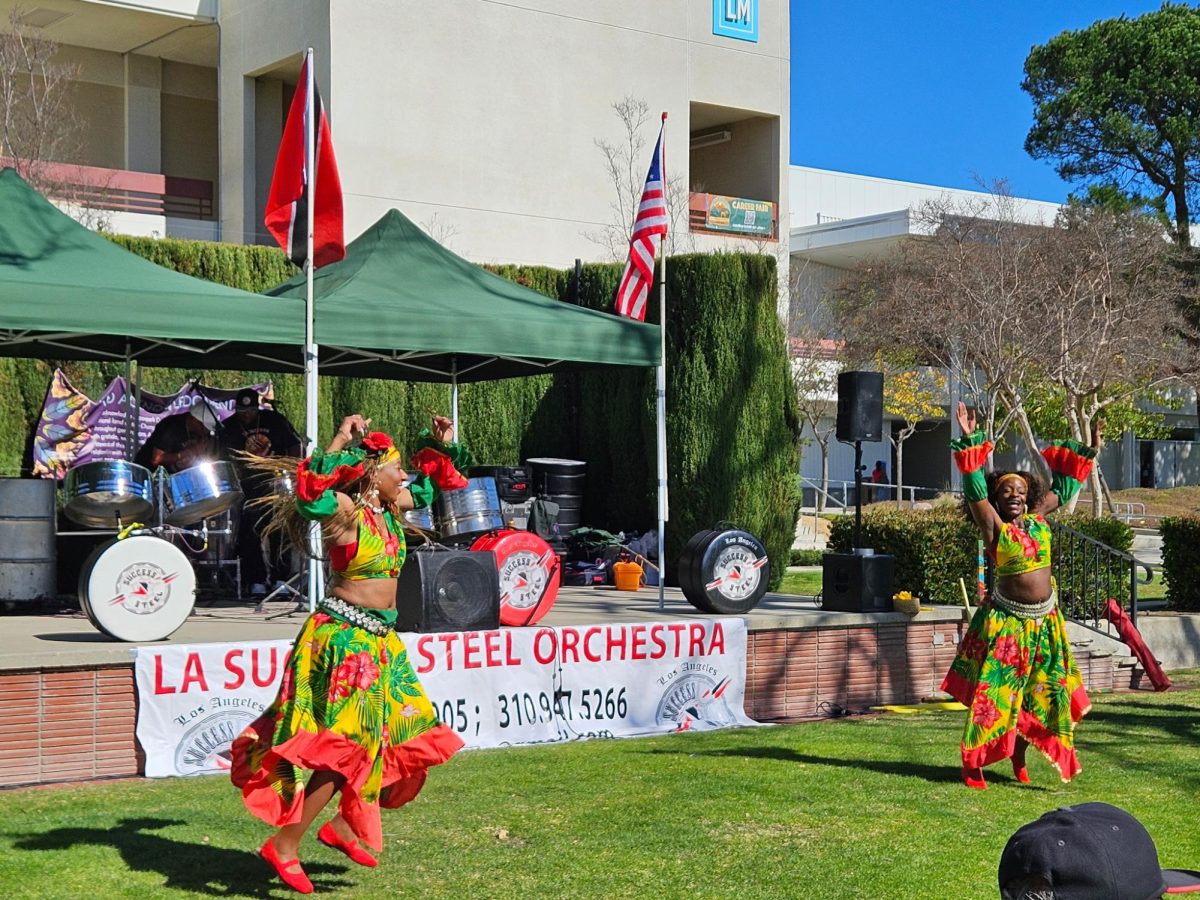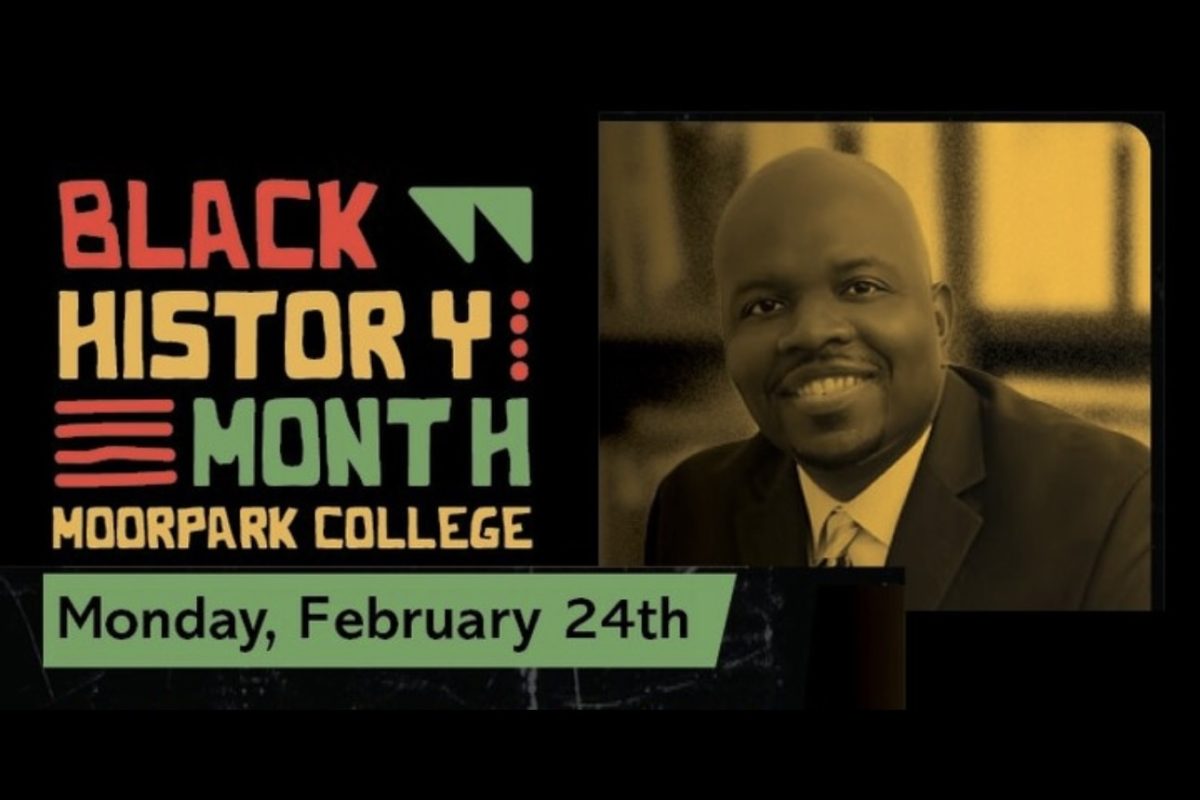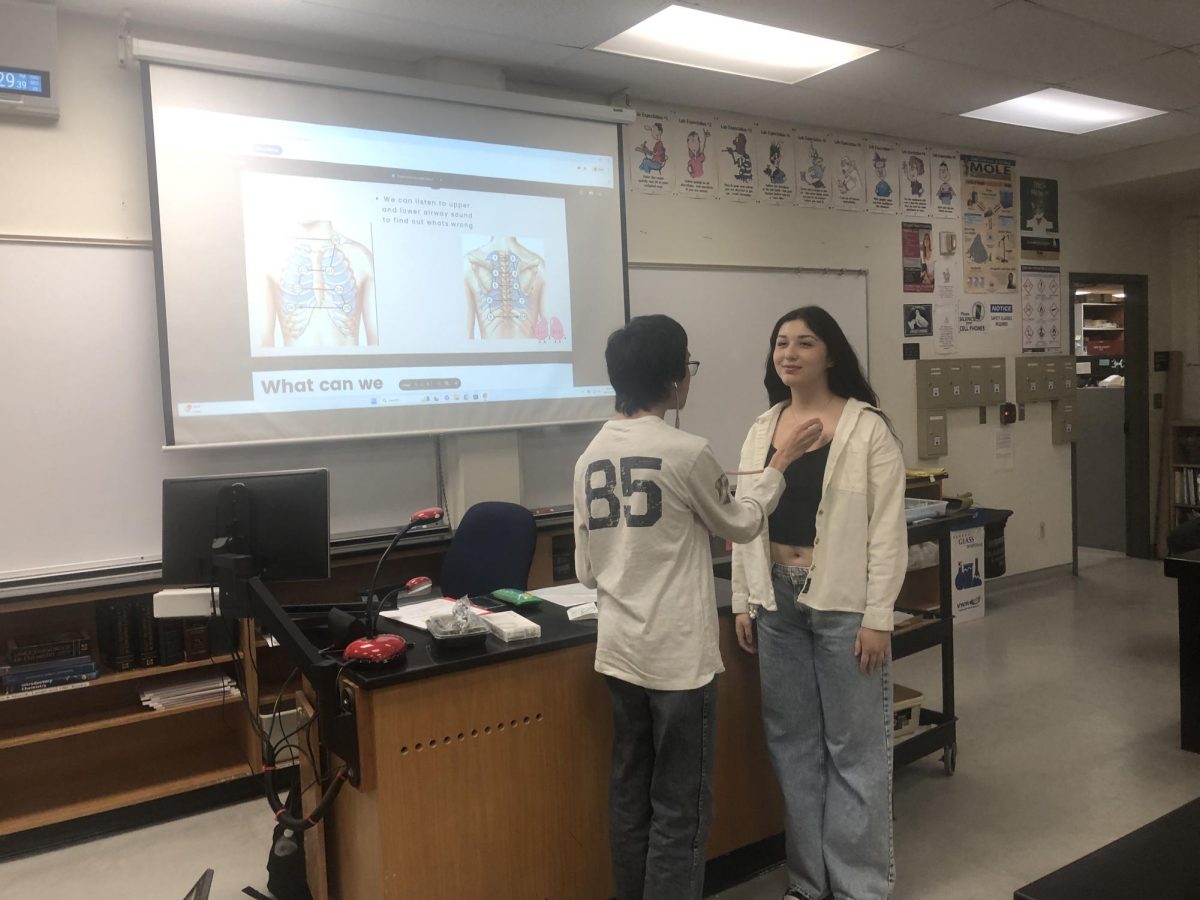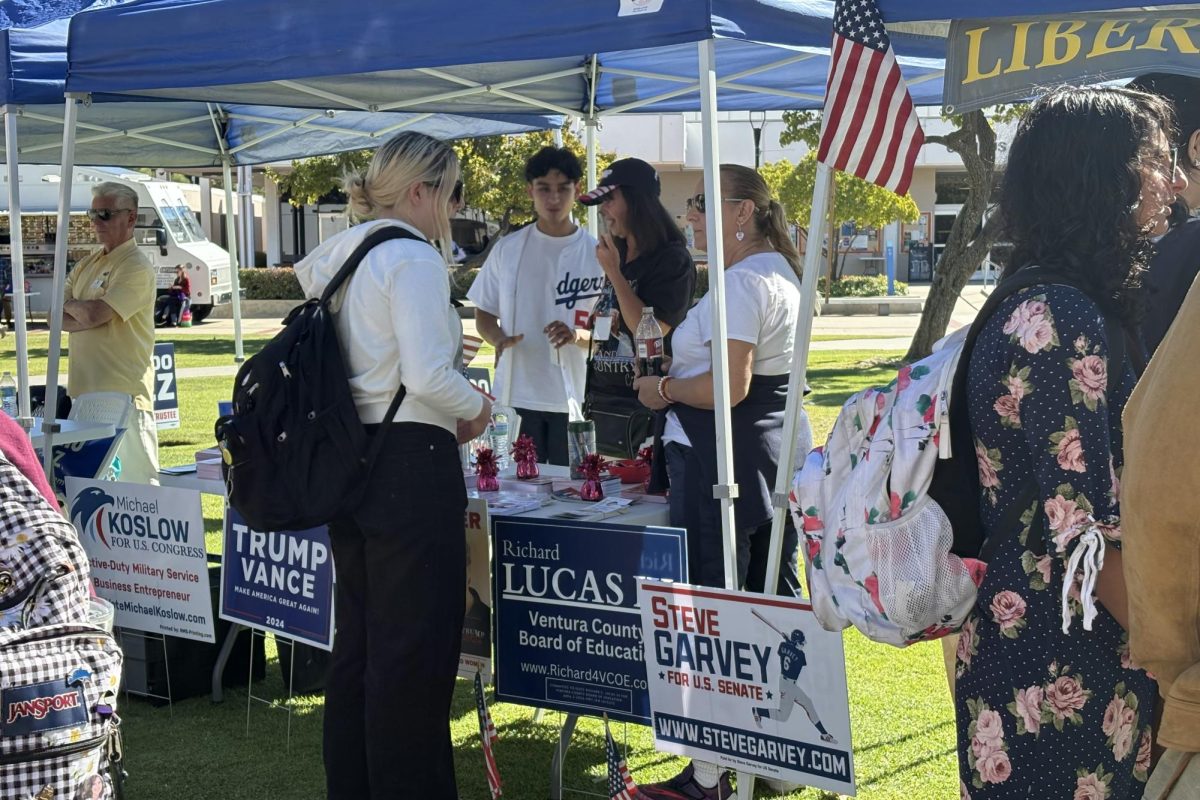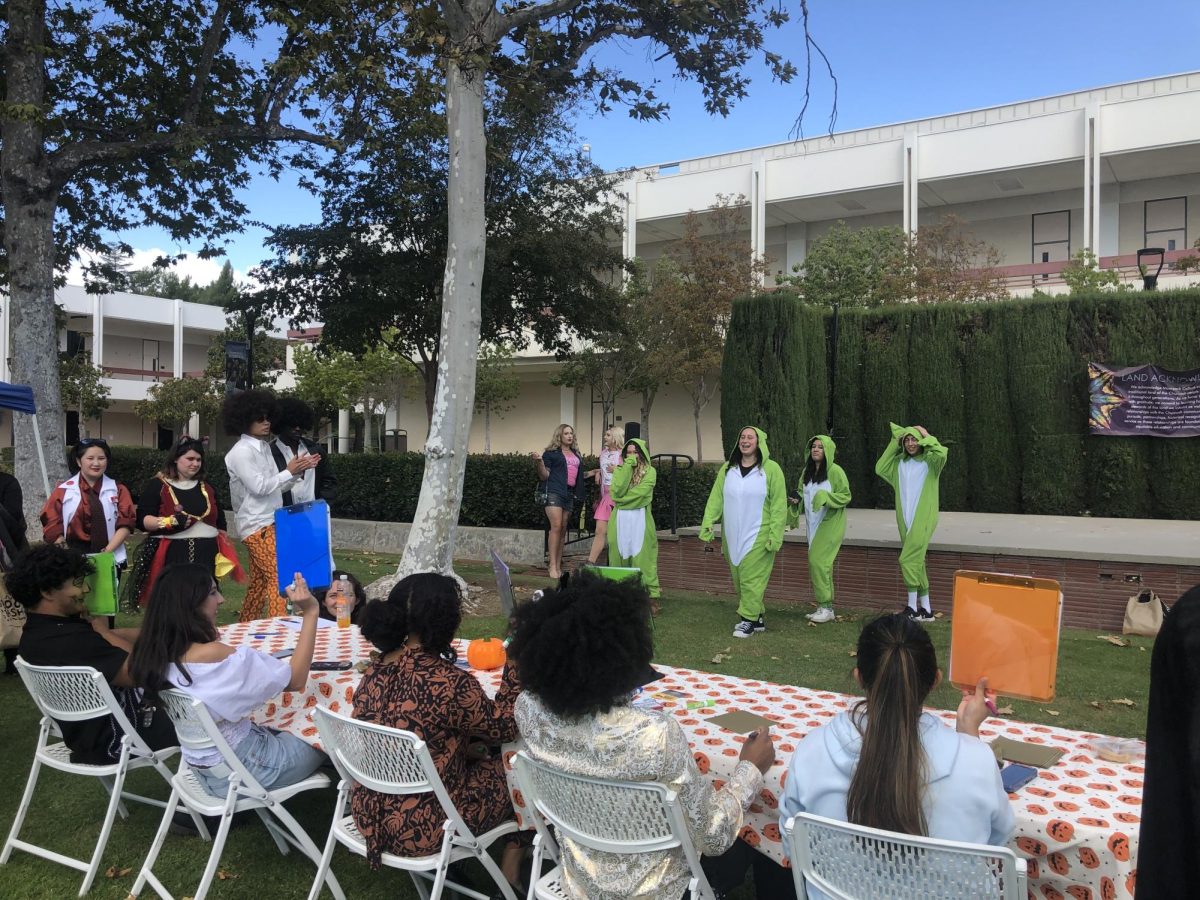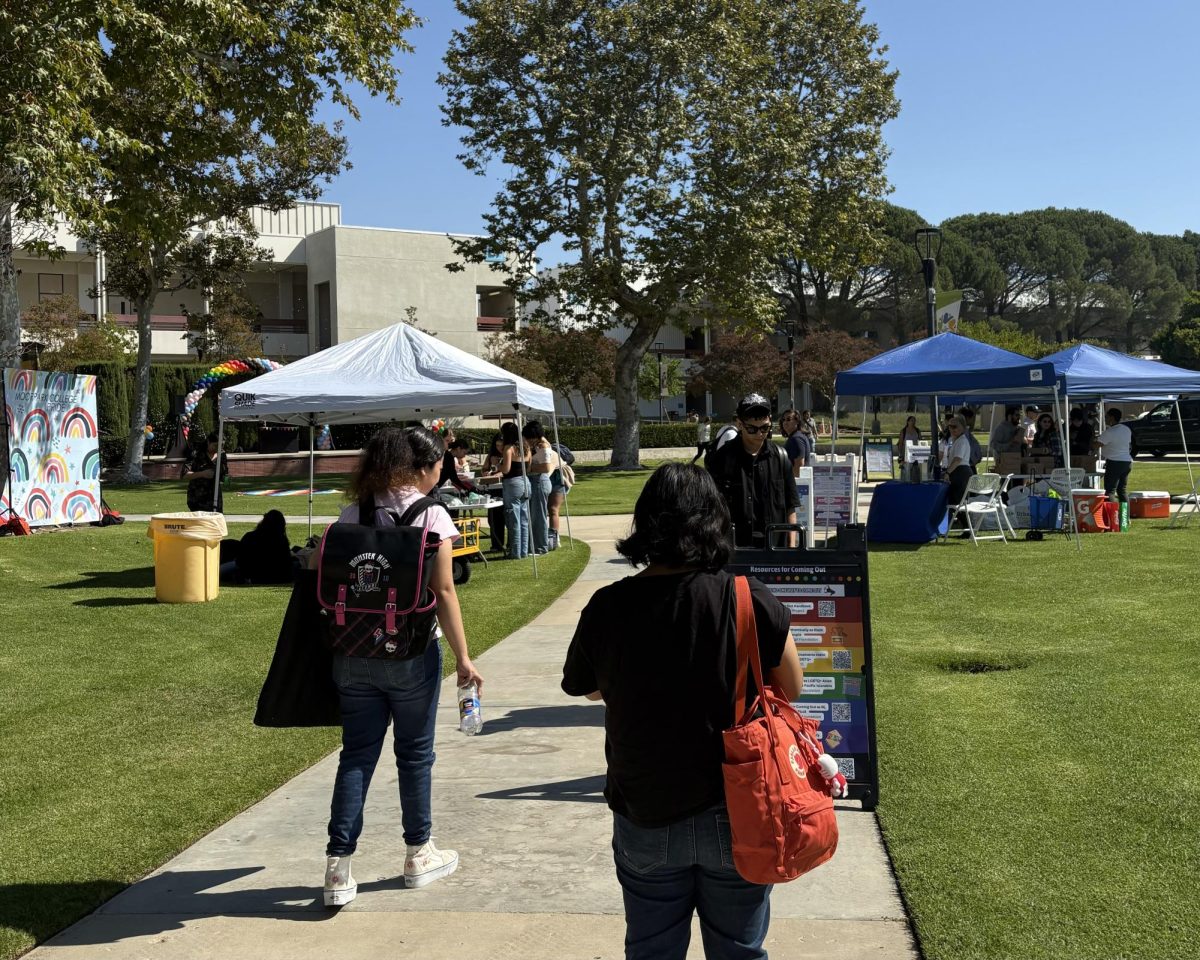Moorpark College commenced Black History Month late Wednesday afternoon with a Zoom webinar that featured remarks and presentations from students, faculty and administration.
Campus Diversity, Equity and Inclusion Coordinator Tamarra Coleman welcomed participants of the webinar and introduced the first speaker, Moorpark College President Julius Sokenu.
Sokenu commented on the importance of acknowledging and celebrating Black History Month in and outside of the classroom. To Sokenu, this month is about raising awareness of the adversities faced by the Black community while also celebrating their contributions to society.
“Black History Month is about resilience in the face of adversity,” Sokenu asserted.
Sokenu then presented a video from last year, comprised of student and faculty’s thoughts and reflections on Black History Month.
In the video, Coleman highlighted the dire need to adequately and thoroughly teach Black culture and history. Coleman cited a dilemma she regularly faced when teaching her students about August Wilson’s 1985 play, “Fences.” Set in the 1950s, “Fences” at its core, is an examination of race relations.
When asked to describe the atmosphere of the 1950s, Moorpark College students in Coleman’s class gave a startling response. They believed slavery to be the zeitgeist of that decade, when in fact, slavery was abolished almost a century prior.
“What they knew about Black people was slavery,” Coleman remarked. “It was clear to me that there was a disconnect in the knowledge base that students had coming out of our feeder schools in our district and I suspect it’s probably true outside of this area as well.”
Coleman, as well as others, feels that more needs to be done to ensure that students have a more in-depth understanding of not only Black history but also the histories of other minority and marginalized communities.
Moorpark College’s Ethnic Studies program seeks to do just that by offering courses such as Introduction to Chicano Studies and Introduction to African American Studies.
The focal point of Wednesday’s webinar was a presentation by Bobby Seals, a professor in the Ethnic Studies department. This presentation was titled “African Diaspora, Continuity of Resistance and Modern Day Marronage.”
Marronage refers to the escaping of enslaved Blacks from their plantations and their subsequent settlement in hidden towns in the Southern U.S. Seals is a descendent of the Black Seminoles, also known as the Seminole Maroons. The term “Maroon” describes the self-liberated African Americans that settled outside their plantations.
In his presentation, Seals paid tribute to revolutionary figures of color that advanced humanitarian rights, played a brief documentary titled “Black Seminoles and the Largest Slave Revolt in U.S History” and pointed up relevant movements such as Pan-Africanism, the Harlem Renaissance and Hip-Hop.
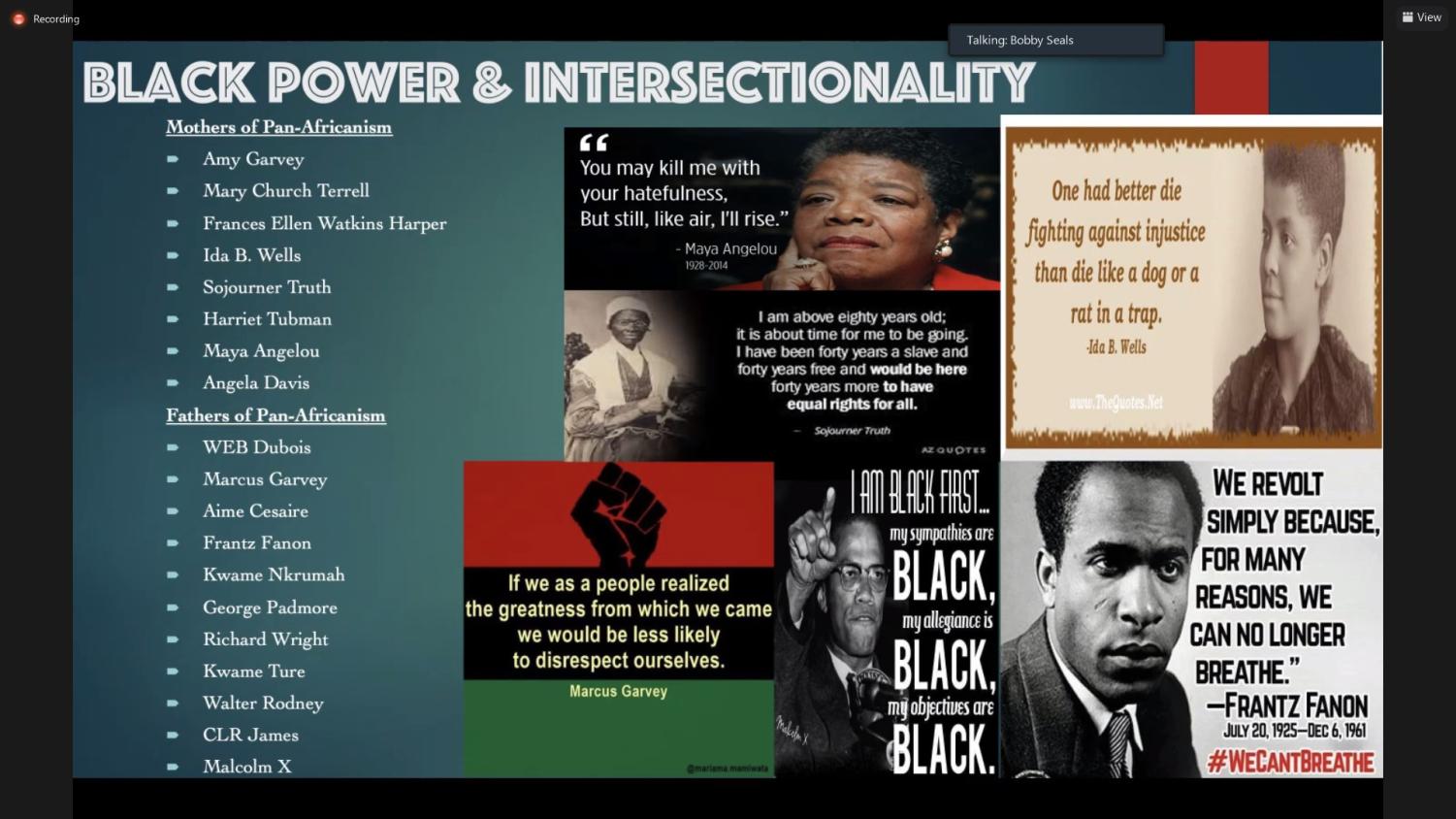
During his presentation as well as the Q&A period, Seals emphasized the importance of recognizing resistance in the Black community.
“Marronage is one thing I love teaching because we resisted through self-defense,” said Seals. “And, we need to teach that to our children, not just to Black children but to all children. They will benefit substantially from this knowledge.”
“That is something that is missing from the mass narrative,” added Seals. “The resistance of enslaved Africans.”
The next Black History Month event will take place on Feb. 7 and is a virtual tribute to Josephine Baker, an American-born entertainer and civil-rights activist in the early 20th century. Links to attend future events and view recordings of past ones can be found here.






